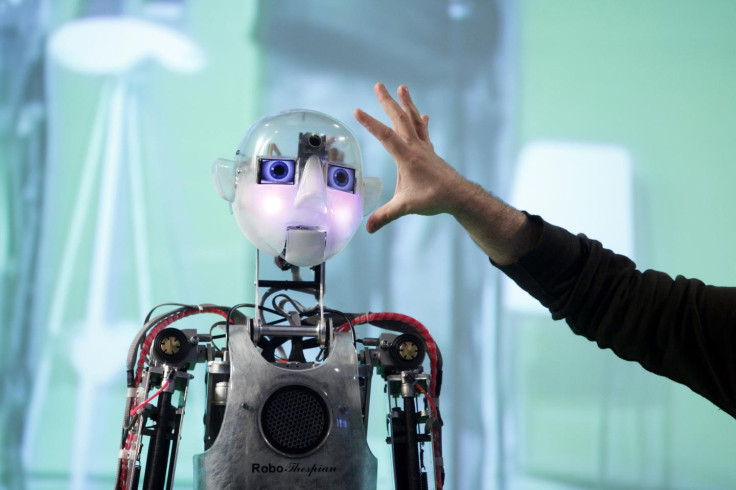Quantum Robotics will Create Artificial Intelligence 'Capable of Creativity'

Quantum computing will open up a new field of robotics able to learn and carry out complex creative tasks, according to researchers.
Scientists from the Complutense University of Madrid (UCM) and the University of Innsbruck in Austria claim in a paper published in the journal Physical Review, that the principles of quantum mechanics can be applied to create "intelligent learning agents" relevant for applications involving complex task environments.
"Building a model is actually a creative act, but conventional computers are no good at it," said Miguel Martin-Delgado from UCM.
"That is where quantum computing comes into play. The advances it brings are not only quantitative in terms of greater speed, but also qualitative: adapting better to environments where the classic agent does not survive. This means that quantum computers are more creative."
What is quantum computing?

Quantum computers combine quantum mechanics with computer science to exponentially speed up processing. Traditional bits used in digital communications are replaced with quantum bits, or qubits, which act in a state of superposition that allow them to operate in multiple states at once, rather than just the two states - one or zero - in which traditional bits function.
The emerging field of quantum computing has so far been applied in a variety of areas, including medicine and space travel, and has attracted the attention of the likes of NASA and Google.
It has been hailed by some as the next technological revolution, capable of increasing processing powers exponentially in relation to the current abilities of traditional computers.
The authors of the quantum robotics study state that the application of quantum computers in the area of robotics will accelerate one of the most difficult points to resolve in information technology: machine learning.
"In the case of very demanding and 'impatient' environments, the outcome is that the quantum robot can adapt itself and survive, while the classic robot is destined to collapse," said Davide Paparo, co-author of the study.
"(Quantum computing) means a step towards the most ambitious objective of artificial intelligence: the creation of a robot that is intelligent and creative, and that is not designed for specific tasks."
© Copyright IBTimes 2025. All rights reserved.






















